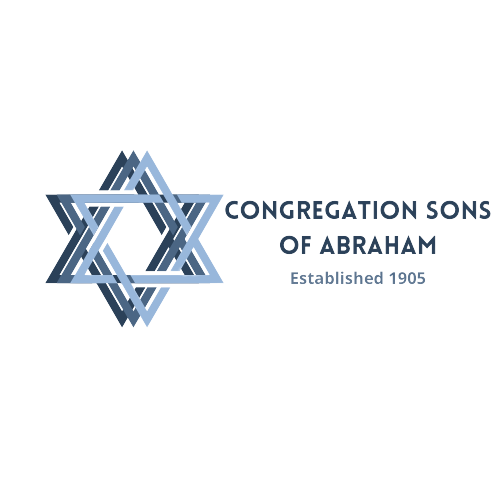Friends, as this challenging year comes to an end, we can only hope for a better year ahead.
This week’s Torah portion is Vayechi – “And Jacob lived”. Although that’s how the parsha begins, the parsha deals not with Jacob’s life, but his demise. This reminds us of another parsha, Chayei Sarah. Although it was called “the life of Sarah”, it really dealt with the end of her life.
Jacob takes gradual leave of his family in several stages. He gives instructions for his burial and provides spiritual directives for his descendants’ future. Jacob directs that he not be buried in Egypt, but rather back in Hebron, in the cave of Machpelah, where his ancestors are buried.
Jacob also delivers poetic, prophetic blessings for his children. We are reminded of the importance of the parental blessings, much as Isaac bestowed on Jacob, although that was through the deception of Jacob and Rebecca.
At this time last year, as I prepared to leave for my 4th trip to Israel in 40 years, I was on the edge of my chair with anticipation.
My oldest grandson was to become bar mitzvah a week later. My son’s family were living as olim, as recent immigrants, since the previous July in the big modern city of Beth Shemesh, near Jerusalem.
The bar mitzvah celebration stretched from dinner and music for 25 on Thursday night, to Kabbalat services on Friday night, followed by a sumptuous Shabbat dinner for family and friends, to a 4 hour long Shabbat morning service, culminating in my having an Aliyah to Torah, followed by a huge Kiddush luncheon, an afternoon to nap and recover from all the celebrating, followed by Shalosh Seudos – the traditional 3rd meal – followed by services and Havdalah. A veritable feast of food, spirituality, family and prayer.
On that Erev Shabbat, on that Friday evening, just like our forefather Jacob did in this week’s Torah portion, I bestowed my parental blessings on my son, then he in turn blessed each of his four children (now 5!). He gave the identical blessing that our forefather Jacob gives this week, in this Torah portion, to his grandsons Ephraim and Menashe.
“Yesimcha Elohim ke’Ephraim v’che’Menashe / Yesimech Elohim ke’Sarah, Rivka, Rachel, ve’Leah”
May God make you like Ephraim and Menashe /for daughters – May God make you like Sarah, Rebecca, Rachel, and Leah
I was approaching the end of my mourning period for my late mother, zichronah livracha – the 11 months of saying Kaddish which ended while I was in Israel. It was fitting that I said my very last Mourners’ Kaddish for my mother at the Western Wall in Jerusalem. It was also a challenge for me as I left this bimah for a long two weeks. Some of you jumped in to lead services and to lein Torah, to keep the doors open while I was gone. I missed being on the bimah for those two long weeks, and I am grateful to all of you.
This also marked a turning point in my rabbinical journey. I was your spiritual leader since the previous July, so I was just six months into my term. You asked me to continue this work for a few more years.
I have been greatly blessed in this calling, doubly blessed that I was able to study rabbinics and Jewish practices, then apply it immediately to our own congregation.
I am so grateful that all of you came on this journey along with me as I realized my life’s dream of becoming a rabbi.
I now want to share with you my rabbinical blessing for all of you:
Yevarechecha Ad-nai veyishmerecha
May G-d bless you and keep you.
Ya’er Ad-nai panav eilecha vichuneka
May G-d shine His light on you and be gracious to you.
Yisa Ad0nai panav eilecha veyasem lecha shalom
May G-d turn his face toward you and grant you peace.
